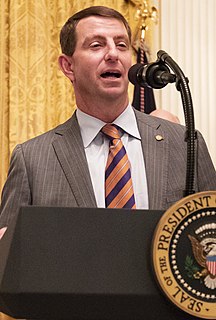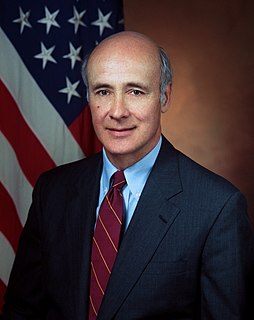A Quote by John Peter Zenger
Managers control. Leaders create commitment.
Quote Topics
Related Quotes
The important word there is inspire. The key difference between managers and leaders is that managers tell people what to do, while leaders inspire them to do it. Inspiration comes from three things: clarity of one's vision, courage of their conviction and the ability to effectively communicate both of those things.
Schools like Doon or Lawrence in Sanawar didn't decide to create leaders when they started. Look at their alumni list today, and you have a former prime minister, Olympic gold medallist, army generals, cabinet ministers, and leaders in different spheres. Some kind of training started at the school level itself that helped create leaders.

































